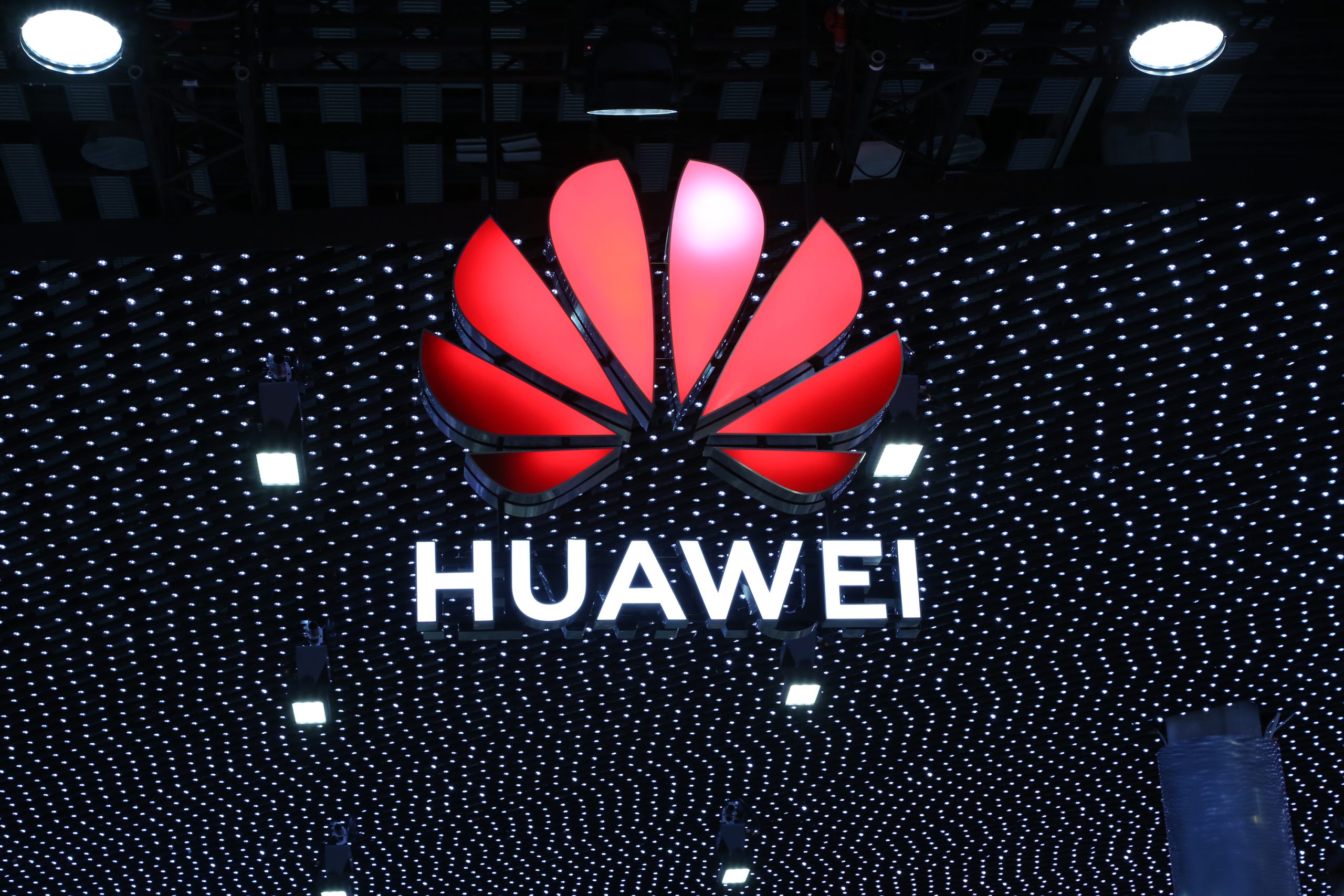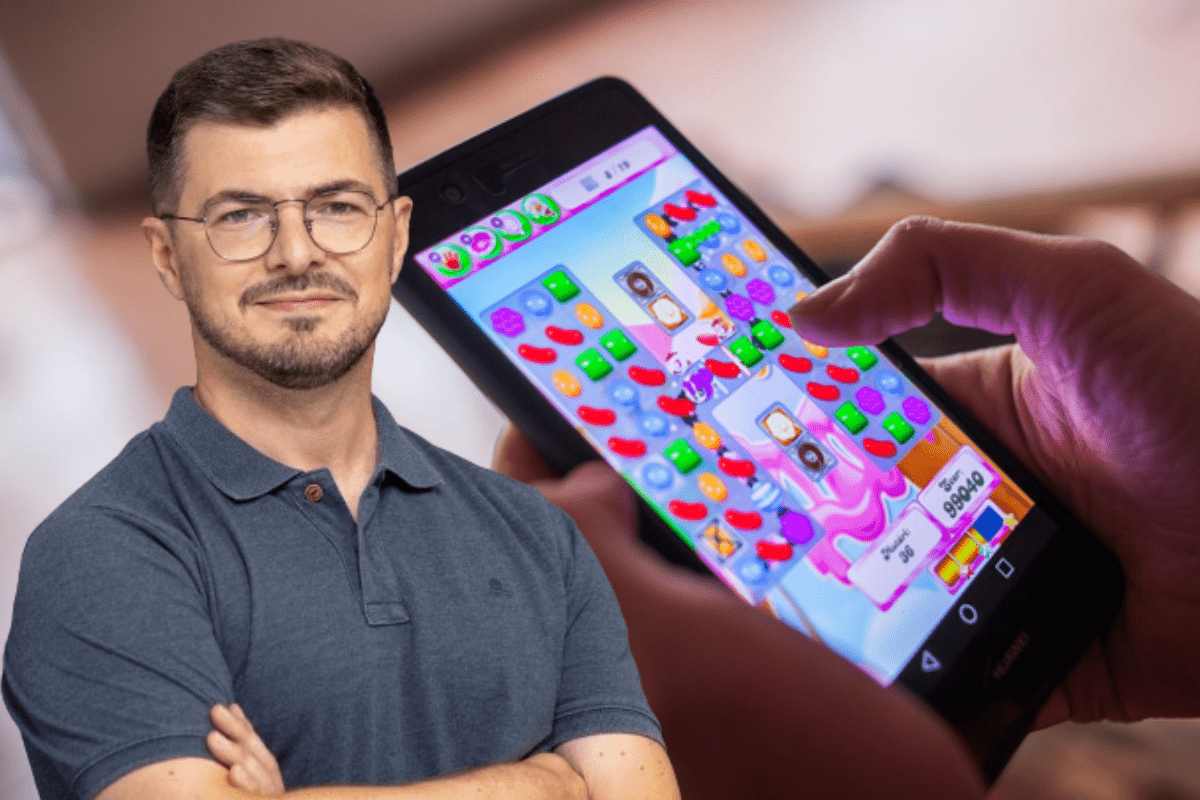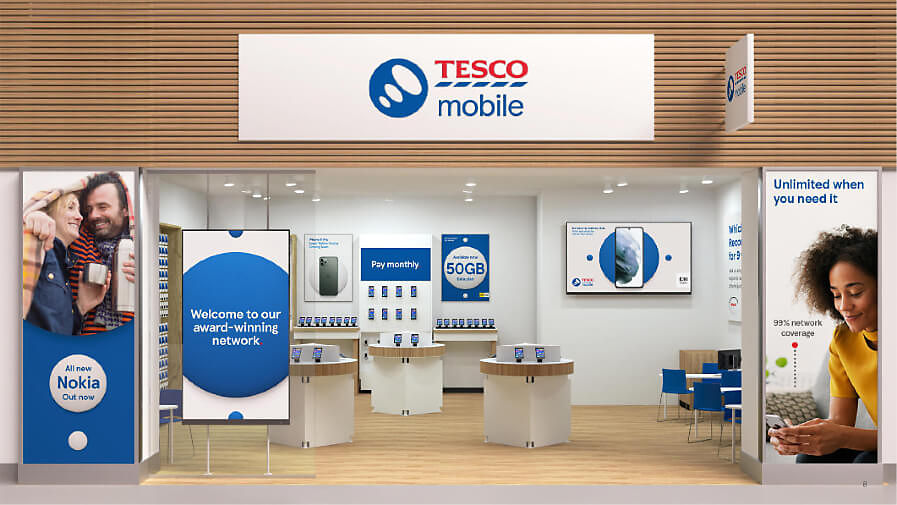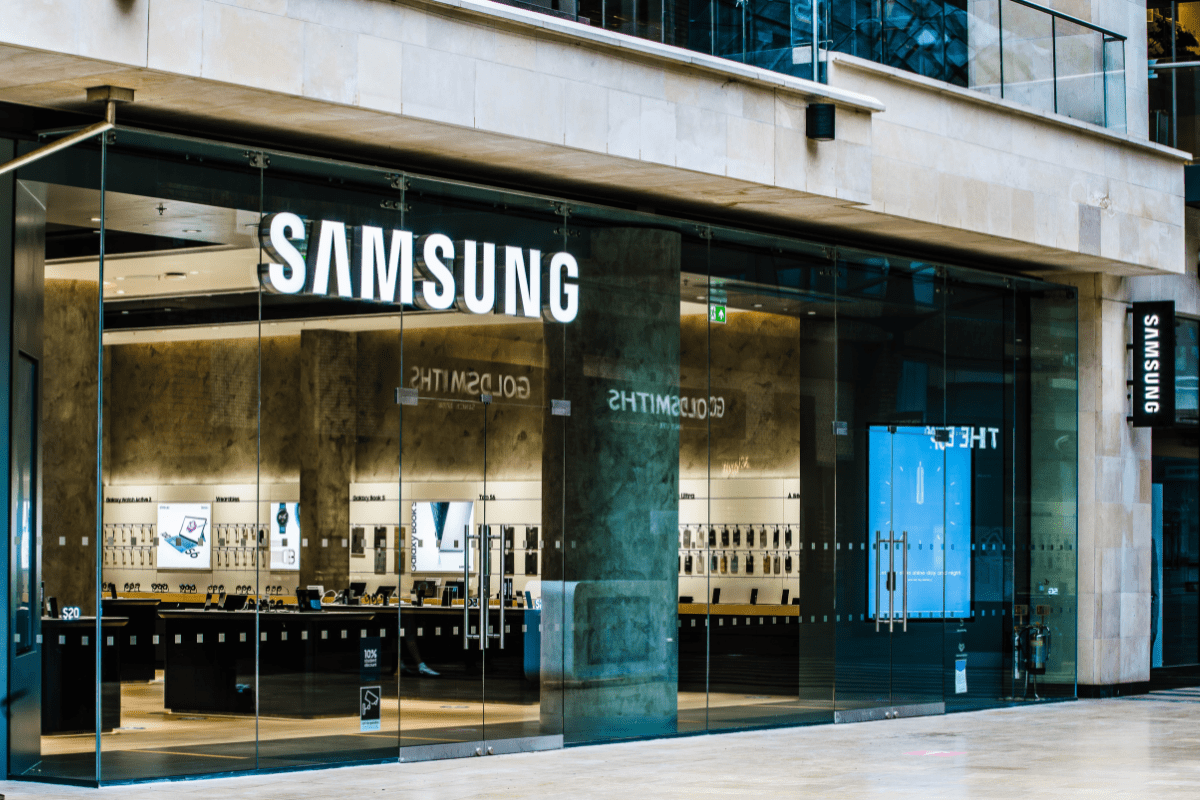Mobile Horizons: Brazil
- Tuesday, April 7th, 2015
- Share this article:
 With the regularity of new announcements from the major mobile players, it’s easy to think that all the progress in the world of smartphones is being made by five or six companies based in the US, China or Japan, but that couldn’t be further from the truth.
With the regularity of new announcements from the major mobile players, it’s easy to think that all the progress in the world of smartphones is being made by five or six companies based in the US, China or Japan, but that couldn’t be further from the truth.
In emerging markets, mobile adoption is growing faster than ever before, and connecting a whole new portion of the population to the connected globe, especially in areas where wired internet access was difficult, if not impossible to access.
In countries all over the world, companies are driving hardware and software innovation, and integrating mobility into businesses in new and exciting ways, often adapting the capabilities of mobile to unique local needs and finding solutions that larger firms are unable to spot.
One such country that is seeing a wealth of mobile development is Brazil. The largest economy in Latin America, second largest in the western hemisphere and seventh globally by both nominal GDP and purchasing power parity, Brazil’s businesses are global players. In 2009, Brazil was ranked the top country in upward evolution of competiveness, reflecting its vibrant startup scene, and mobile is a key element of that.
Mobile adoption in Brazil has been fuelled by several elements. Landline infrastructure is poor, even in major cities, prompting many to use mobiles as their primary way of accessing the internet. There are restrictive laws on importing computing hardware that mean personal computers are around twice the price they are in the US, but these don’t apply to mobile phones. Finally, the strong economy has created a booming new middle class which around half of Brazil’s 194m population belongs to, all of whom are buying mobile devices in record numbers.
Brazil is the fourth largest smartphone market in terms of pure numbers, with around 70m smartphones in circulation, representing around 26 per cent of the population. Tablet ownership sits at around 9 per cent, and the country, which spans four time zones, has over 90 per cent 3G coverage and 30 per cent 4G, with most major cities covered by the rollout, which began in 2012.
There are four major operators in Brazil: Telefónica-owned Vivo, which has the largest market share at 29 per cent, TIM, Claro and Oi, which is now owned by a joint venture between the original Brazil-based operator and Portugal Telecom. All four major networks boast national coverage offered through resellers and their own websites, and most are quad-play operators, also providing landline telephone, broadband and television services.
One of the companies taking advantage of the energetic startup scene is the Brazilian unit of Hellofood, Rocket Internet’s food delivery service that has huge success in the South American market. Launched in February 2013, the service has already expanded to over 30 cities throughout the country, and has partnerships in place with more than 3,000 restaurants.
The company has proved so successful that in 2013, it acquired two rivals, Jánamesa and MegaMenu, within the space of two weeks, adding their restaurants and registered users to its own to improve its reach. Online food delivery is popular in Latin America, with growth rates for the market of 12 per cent annually, rivalling the UK and US.
“Brazil offers big challenges to all companies, especially considering the economic downturn, high inflation scenario and tax complexity,” said Marcelo Ferreira, co-founder and managing director of Hellofood Brazil. “However, this negative situation affects other industries more than startups, mainly because startups operate in sectors much less mature and with big unexplored opportunities. Therefore, even though the economy might not be at its best, it’s possible to achieve high growth rates.
“Mobile penetration in Brazil keeps on growing. It’s an irreversible trend. Noticing that, Hellofood decided to invest heavily in improving its mobile app. In parallel, the company positioned itself in all marketing channels as a ‘mobile app to order food’. As a result, our mobile share went from 30 per cent in the beginning of 2014 to 70 per cent nowadays.”
It’s a sign of Hellofood’s success in this market that Rocket Internet has elected to launch its latest startup, beauty and wellness services marketplace Vaniday, in Brazil. The service, initially available as a website but with iOS and Android apps planned for release shortly, enables hairdressers, makeup and nail artists, beauticians and even tattoo artists to list themselves, while users can search and book using the platform.
It’s not just foreign firms that are looking to Brazil as a powerful market though – there’s plenty of homegrown startups emerging as powerful players too. One of these is Nubank, a financial services startup that was the first Brazilian investment by influential venture capital firm Sequoia Captial.
The company raised $14.3m (£9.6m) in September last year to support its mobile payments solution, which launched with a partnership with MasterCard, giving users access to a credit card that could be managed through the company’s app. The company aims to cut through some of the bureaucracy that banking customers face in Brazil, and offer greater transparency and ease for users.
The payment technology used by Nubank is proprietary, having been developed in-house by a team of programmers and data scientists, and has continued to grow and develop constantly since its launch.
“Brazil has more than 90m smartphones, and that’s why since the beginning we were determined to be ‘mobile first’,” said Christina Junqueira, co-founder and vice president of product, marketing and operations at Nubank. “We had our two mobile apps long before we even had a website – that’s how important mobile is for us.
“Brazil is one of the countries in Latin America that shows the biggest numbers related to digital banking adoption. All of these points contribute to the success of Nubank in Brazil. If we think of our target audience – between 18 and 35 years old – the importance of mobile is even bigger.”
While the financial services sector is Brazil’s largest market, five of the top 10 public companies are large, established banks, and the market is ripe for disruption, something which Nubank is eager to do. And while Junqueira feels that the government could do more to support innovation, it does mean there is a workforce hungry to attach themselves to companies that are shaking up the market. “Since there’s very few opportunities to work in really disruptive technologies or products, we have been extremely successful in attracting and retaining top engineering talent in Brazil.”
While there are plenty of Brazilian companies embracing mobile technology in highly commercial sectors like food delivery and finance, they are not the only ones taking advantage of the disruptive power of mobile. AppProva is a digital platform that aims to revolutionise studying for high school and university students across Brazil.
The company was formed by a close-knit group of friends who studied together throughout high school, and began offering tutoring while in university. It was at this point that they noticed that mobile technology could facilitate a massive change in the education market in Brazil.
The company started by providing students studying for Brazil’s university entrance exam (ENEM) with a free online platform to support their education, supporting the business by selling the rich data on student studying habits to private schools and educational institutions. From supporting four schools within the company’s hometown of Belo Horizonte, the startup has grown to more than 20 schools across Brazil, with 600,000 students using the service.
“Although AppProva had initially been developed for the desktop environment, we soon noticed that mobile development would be a great opportunity to be explored,” said Rodrigo de Castro Silva, marketing manager for AppProva. “This was confirmed when we released MVP versions which, even being really limited in terms of resources, presented a big adoption by the users, and nowadays represent 60 per cent of the platform’s user base.”
While de Castro Silva also cited government regulations as limiting some of the startup possibilities in Brazil, he also praised the graduate talent pool in Brazil for producing knowledgeable, adaptable workers with “a propensity for innovative solutions.”
As well as a wide range of companies developing businesses around mobile services in Brazil, there’s innovation on the more technical side too. NearBytes is one of the most interesting companies in this sector, having developed a data transfer solution for mobile phones that employs short bursts of encoded sound.
The technology was developed in 2012, born out of a desire to enable a virtual sticker album mechanic in mobile game design, allowing users to contactlessly exchange their stickers. Existing solutions such as NFC, Bluetooth and sharing over Internet connection presented unfriendly pairing experiences, or had a limited audience, so a sound-based communication solution was developed.
The technology has been packaged into a SDK and enables small amounts of data to be passed from phone to phone, without the need for an Internet connection and regardless of model or operating system. It has been integrated into apps as diverse as payment solutions, digital business cards and an app for Rios 2014 Carnival.
“Despite all the difficulties related to any disruptive technology, NearBytes is now being acknowledged as a viable option for many possible uses,” said Marcelo Ramos, co-founder of NearBytes. “Since we released the communication SDK in 2013, more than 1,000 developers signed up to download it, worldwide.
“Our focus is to continue, structure and support the whole process of creation and innovation being developed in this field of technology, always focusing on the contactless communication market. We also want to strengthen the vertical markets which have shown more promising: automation solutions, loyalty applications and payments, and second screen applications for TV.”
Taking a wider look at the Brazilian startup scene for mobiles, it becomes clear that despite significant problems with red tape and bureaucracy that make it difficult for firms to find an initial footing, there is a wide mobile audience to be tapped into, and a wide range of innovative, determined companies who are looking to disrupt established sectors with new ideas, and smart solutions.





















